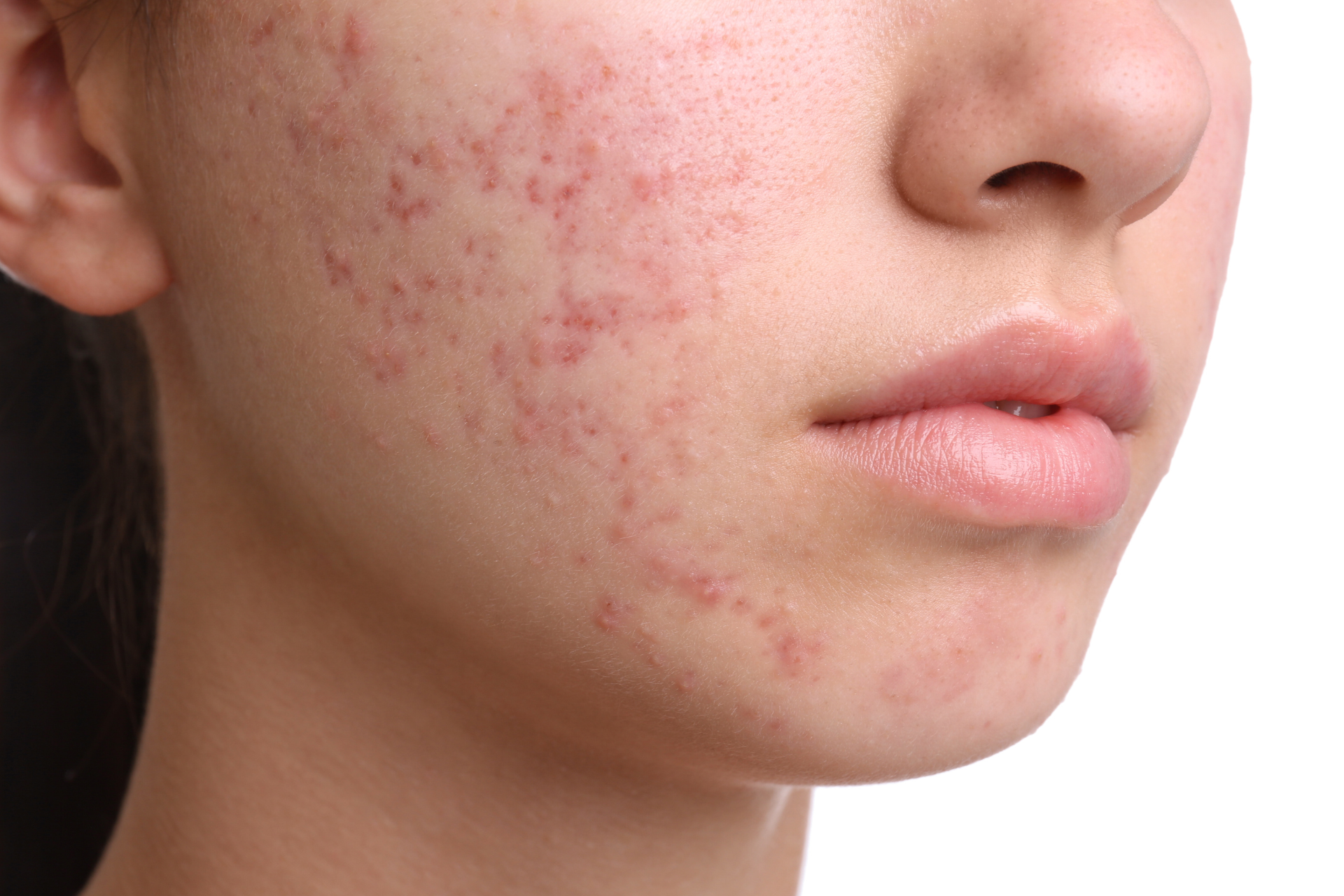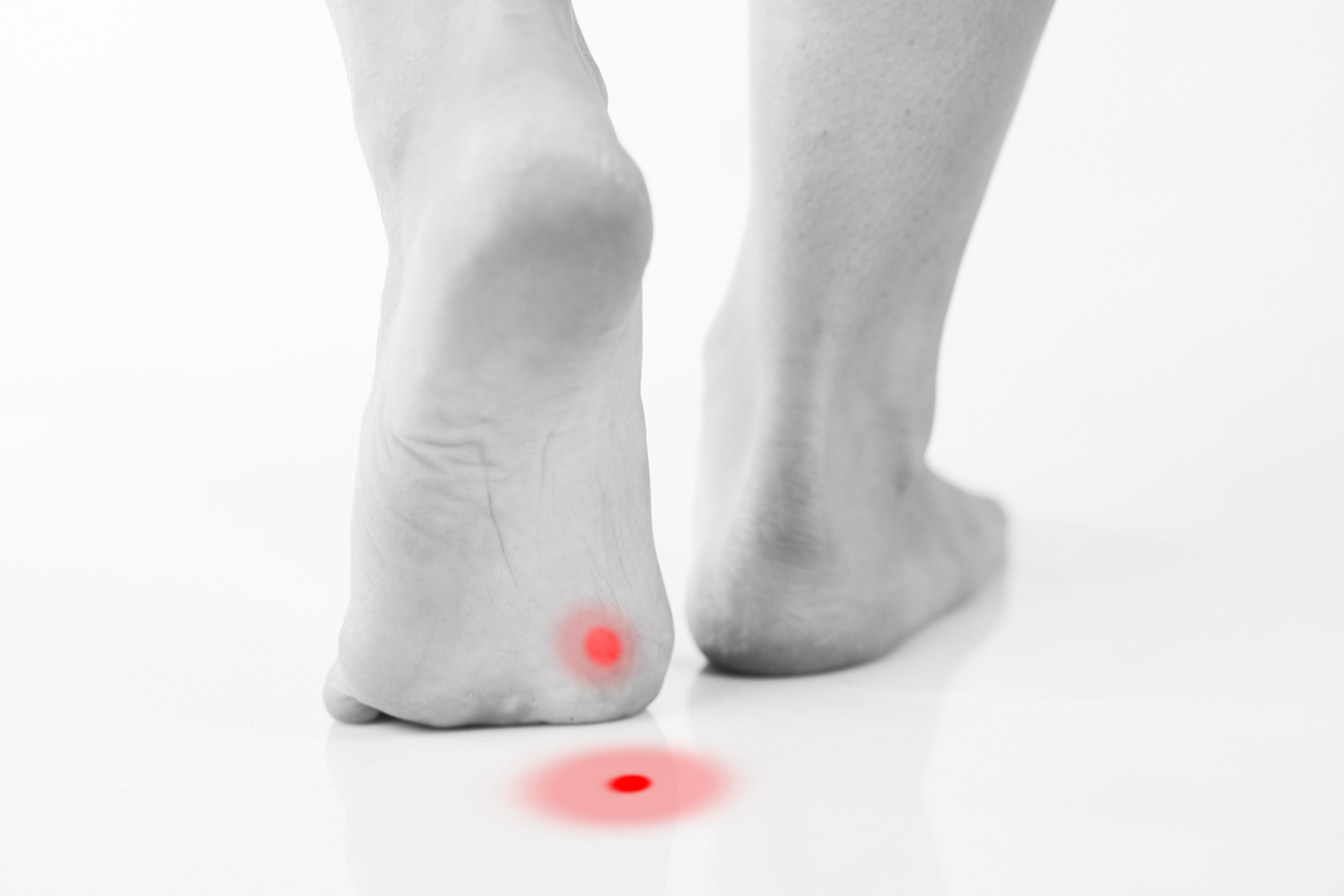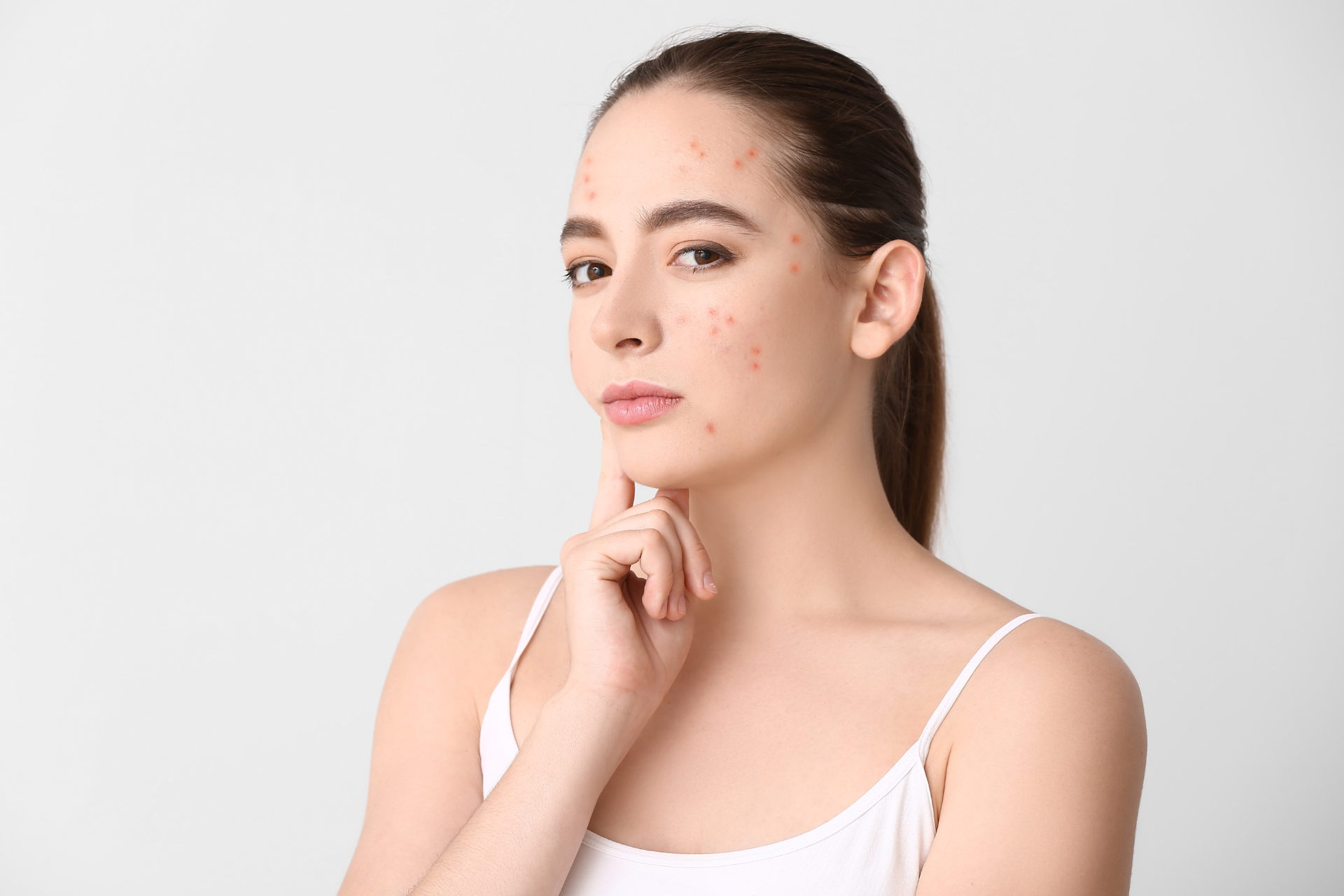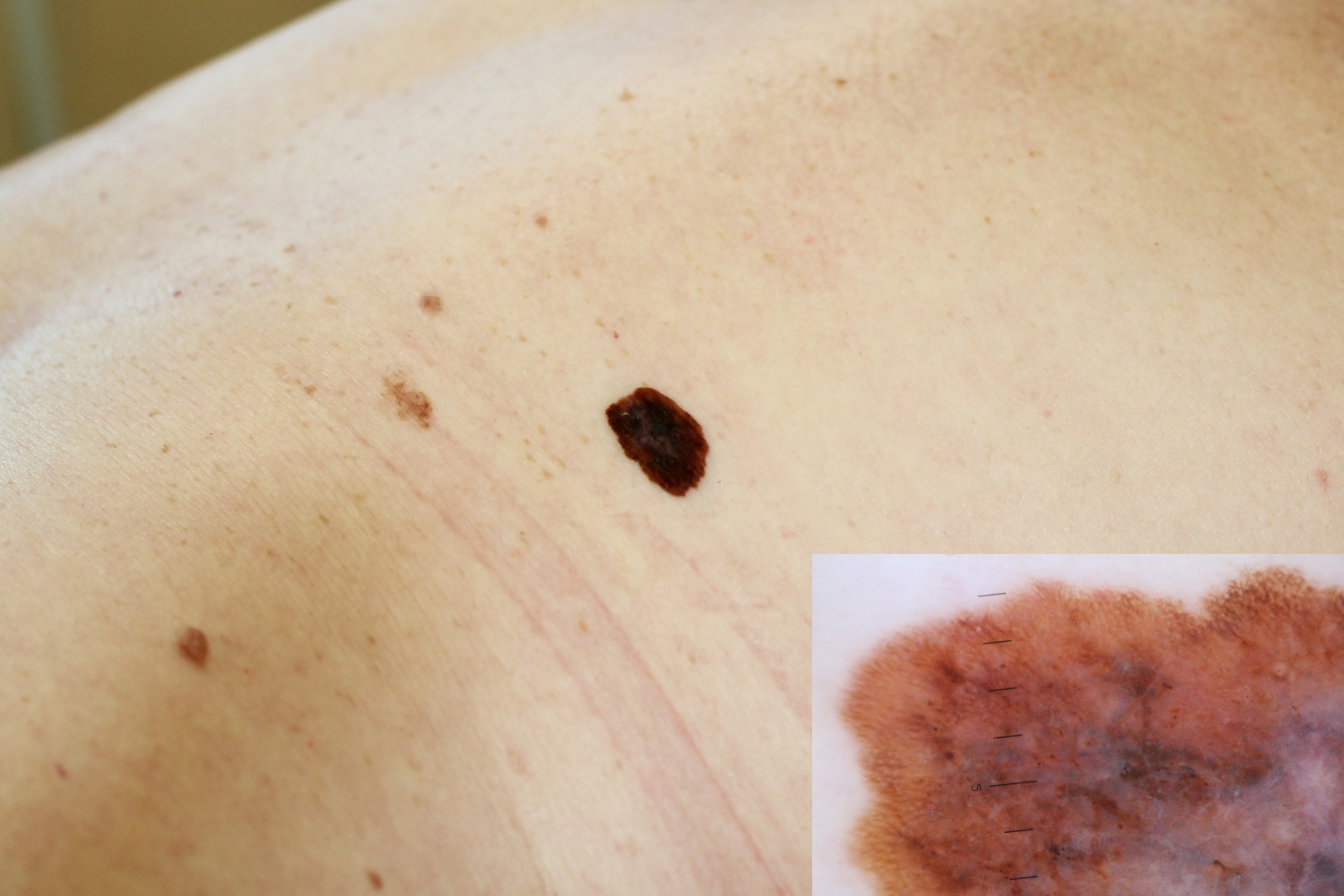Top 10 Skincare Tips for Acne-Prone Skin

Introduction:
At Fall Creek Skin and Health Clinic, we understand the struggles that individuals with acne-prone skin face on a daily basis. Acne can be a frustrating and confidence-damaging skin condition, but with the right skincare routine and habits, it can be managed effectively. Today, we are sharing the top 10 skincare tips for acne-prone skin to help you achieve a clearer and healthier complexion.
1. Know Your Skin Type:
Understanding your skin type is crucial when it comes to managing acne. Oily skin is more prone to acne breakouts, while dry skin can be sensitive and easily irritated. Combination skin requires a balanced approach. Consult with a dermatologist at Fall Creek Skin and Health Clinic to determine your skin type and receive personalized recommendations.
2. Gentle Cleansing:
Keeping your skin clean is essential for preventing breakouts, but harsh cleansers can exacerbate acne. Opt for a gentle, non-comedogenic cleanser that will effectively remove dirt, oil, and bacteria without stripping the skin of its natural oils.
3. Regular Exfoliation:
Exfoliation helps to unclog pores and remove dead skin cells, reducing the likelihood of breakouts. However, be gentle with your skin, as over-exfoliation can irritate and inflame acne-prone skin. Choose a mild exfoliator and use it 1-2 times a week.
4. Hydration is Key:
Even oily skin needs hydration to maintain a healthy balance. Look for oil-free, non-comedogenic moisturizers that will keep your skin hydrated without clogging pores. Proper hydration will also help in controlling excess oil production.
5. Sun Protection:
Sun exposure can worsen acne and lead to post-inflammatory hyperpigmentation. Protect your skin from harmful UV rays by using a broad-spectrum sunscreen with at least SPF 30. This will not only prevent sun damage but also promote overall skin health.
6. Avoid Touching Your Face:
Constantly touching your face can transfer bacteria and oils from your hands onto your skin, leading to breakouts. Keep your hands away from your face, and refrain from picking or popping pimples, as this can cause scarring and further inflammation.
7. Watch Your Diet:
Certain foods can trigger acne flare-ups, especially for individuals with acne-prone skin. Limit your intake of high-glycemic foods, dairy, and processed sugars, and incorporate more fruits, vegetables, and lean proteins into your diet.
8. Stress Management:
Stress can have a significant impact on your skin health, as it can trigger hormonal imbalances and increase sebum production. Practice stress-relieving techniques such as yoga, meditation, or deep breathing exercises to help keep your skin clear.
9. Use Non-Comedogenic Products:
When choosing skincare and makeup products, opt for non-comedogenic formulas that won't clog pores or exacerbate acne. Look for labels that specifically indicate that the product is safe for acne-prone skin.
10. Regular Professional Care:
For persistent or severe acne, seek professional help from the dermatologists at Fall Creek Skin and Health Clinic. A customized treatment plan, which may include prescription medications, topical treatments, or in-office procedures, can effectively manage your acne and improve your skin.
Conclusion:
Acne-prone skin requires special care and attention, but with the right skincare tips and habits, you can achieve a clearer and healthier complexion. By following these top 10 skincare tips and seeking professional guidance when needed, you can take control of your acne and boost your confidence. Visit Fall Creek Skin and Health Clinic for personalized skincare solutions and comprehensive care for all your skin-related concerns.




